5 Essential Benefits of Saliva
-
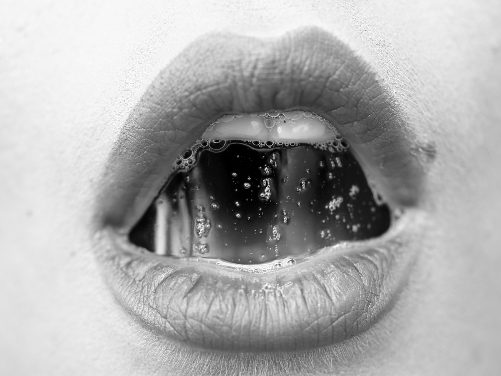
When you say that something makes your mouth “water,” what you’re actually acknowledging is the fact that you’re salivating. Saliva is a clear liquid, mostly composed of water that is secreted by six major glands in the mouth. It plays an essential role in maintaining a healthy oral health environment, in addition to helping make it easier to speak, and chew and swallow food. A lack of saliva or problem with saliva production, also referred to as dry mouth, can be problematic.
Dry mouth is a common issue that causes imbalance in the mouth that can impact oral health, but can also be indicative of a serious health issue such as an immune disorder, diabetes and/or Parkinson’s disease. There are a number of ways to counter dry mouth, such as chewing gum or frequently drinking fluids, but these measures may not address the underlying issue, leaving you vulnerable to health issues.
Here are five essential oral health benefits associated with saliva:
-
1. Waste Removal
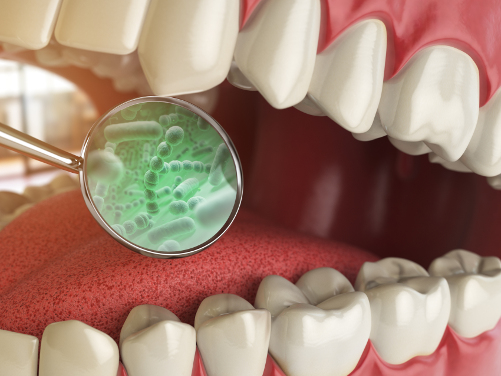
The mouth accumulates bacteria, viruses and yeast that can attach to the teeth, gums and tongue, causing various health (dental and general) issues. Saliva acts as a natural waste removal agent in that it physically wipes any such accumulation away.
-
2. Protective Barrier
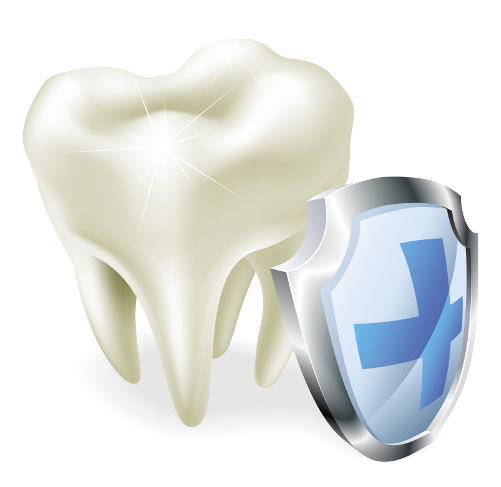
Saliva helps to neutralize the acids in many of the foods and drinks we ingest, preventing them from damaging the teeth and soft tissues. Swallowing saliva further protects the digestive tract by shielding the esophagus from harmful irritants, and helping to prevent gastrointestinal reflux (heartburn).
-
3. Tooth Decay Prevention
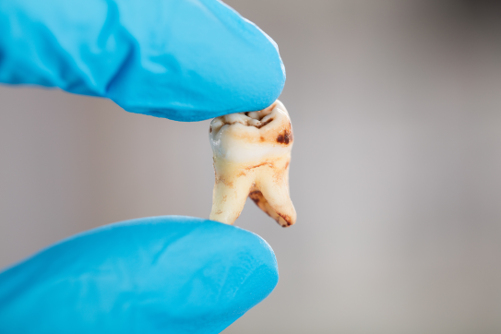
Arguably the greatest benefit of saliva is protection against tooth decay. Bacteria in the mouth can yield acids that attack the teeth, resulting in dental caries (cavities). Saliva serves as the mouth’s natural protector against these acids by washing them away or otherwise neutralizing them. It also contains calcium and phosphate ions that essentially reverse the decay process by helping to re-mineralize teeth.
-
4. Healthy Plaque
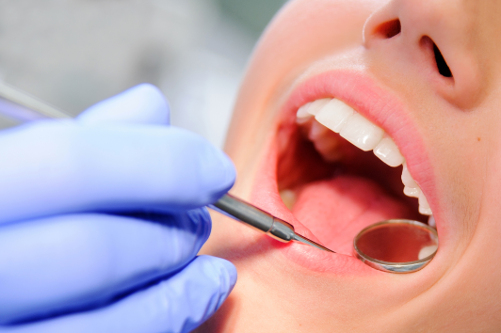
You probably associate plaque with “bad” when it comes to oral health, but there’s actually a healthy plaque biofilm generated by immune proteins in saliva. After a tooth has been cleaned of any bad plaque or debris, the enamel becomes coated with a salivary protein called pellicle. This helps to attract free-floating bacteria in the mouth, which accumulates into larger clumps that are easier to dispose of when saliva is swallowed. (Think of the bacteria as grains of sand. It’s more efficient to sweep them into a pile for disposal rather than going piece by piece.) The pellicle has the added benefit of protecting the teeth from acid demineralization.
-
5. Wound Care
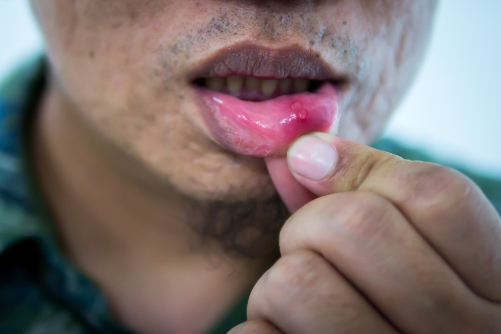
If you accidentally bite your lip or get a canker sore, saliva can help speed up your healing. Packed with epidermal and vascular endothelial growth factors, saliva helps to repair and regenerate damaged tissue.









